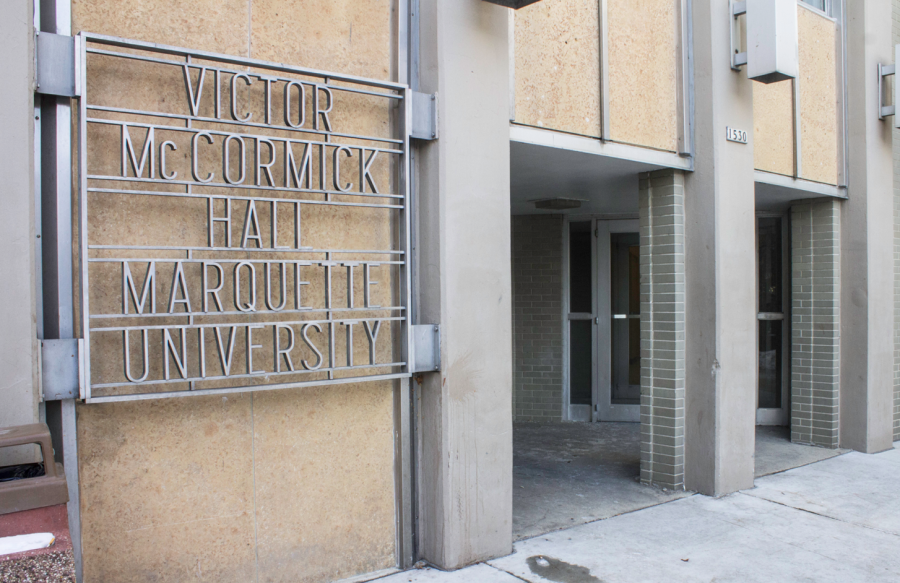Home sales increased 18.6 percent in the Milwaukee area in August. According to the Wisconsin Realtors Association, the number of homes sold in August 2012 were 20.3 percent higher than those of August 2011.
The housing market has been growing at a steady pace in recent months, according to the report.
“Sales volume both nationally and also statewide has been increasing since July 2011,” said David Clark, a Marquette professor of economics. “We’ve seen pretty substantial growth in sales of existing homes over that time period.” Clark is also a consultant for the Wisconsin Realtors Association.
The Wisconsin Realtors Association issued a housing statistics report stating that median home prices across the state of Wisconsin rose 2.9 percent to $144,000. In 2011, the median home price was $140,000. According to the report, there were 6,419 Wisconsin homes sold in August 2011, an improvement from the 5,335 sold in August 2010.
“Statewide, we’ve seen an increase in the median prices,” Clark said. “We’ve seen consistent upward movement over the last five to six months in quality adjusted prices. Prices are tending to move up, and they’re moving up modestly. They’re not growing at a rapid pace, but they are growing, and sales have been very strong. Both of those indicate that the market has been improving, and there have been plenty of good reasons for that. One of them certainly is mortgage rates that are under four percent.”
“When the housing market was declining, that put upward pressure on rental prices,” Clark continued. “As the housing market recovers, we see people moving from rental housing to owner-occupied housing, and that lowers the demand for rental housing and it puts downward pressure on those types of rents.”
However, housing around Marquette’s campus is not easily affected.
“The (Marquette) housing market itself did not change a great deal during the recession,” Clark said. “Elsewhere, we saw some rather substantial upward movement in rent as people moved out of owner-occupied housing and into rental housing, but those tended to be in the higher end of the price distribution. Marquette students tend to be in the lower end of the price distribution.”
“My daughter was in off-campus housing during 2010 and 2011, and her rent did not change the 18 months she was in her apartment,” he continued.
Zach Johnson, a senior in the College of Business Administration, agreed.
“Traditionally, when buying houses increases, the rental market decreases,” Johnson said. “But living in a college area dominated by rental properties, I haven’t noticed much of a change. We are pretty limited when it comes to options for living, which is where the competition between landlords lies. Unlike major state schools where land and houses are plentiful, we are limited by city living conditions. So, unless landlords are building up, our options are going to remain fairly constant.”
“My rent has not fluctuated under my current lease, but for the same property next year, it will increase by about $20 a month,” he continued. “I’ve heard that landlords around the area increase rent consistently at five percent a year as practice, which for my case it is true.”
Johnson had advice to share with students looking to rent homes in the future.
“The best day to start looking for rental home was yesterday,” Johnson said. “Start early. We started in July 2011 and signed our lease in January 2012 – it’s a process.”


